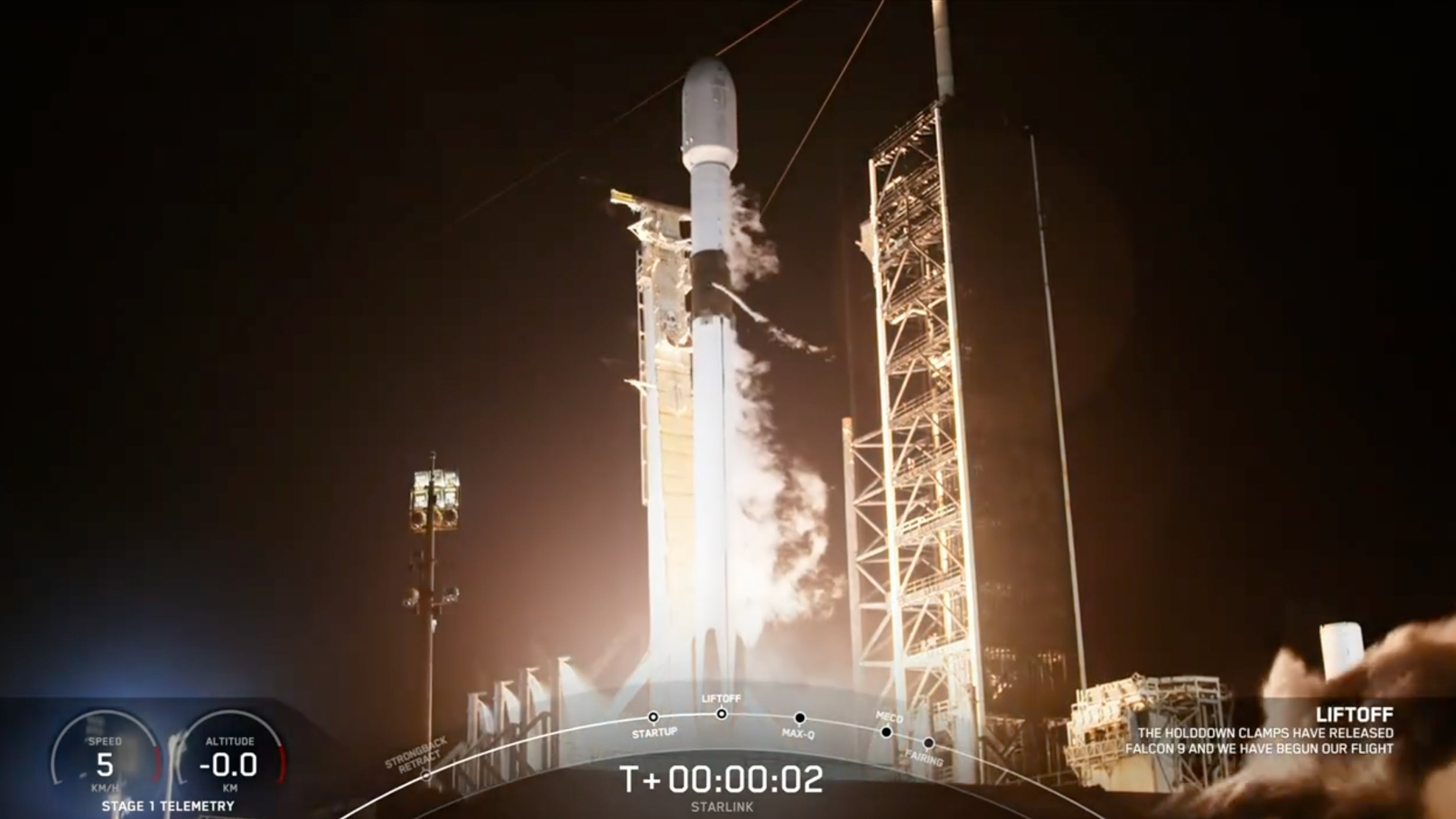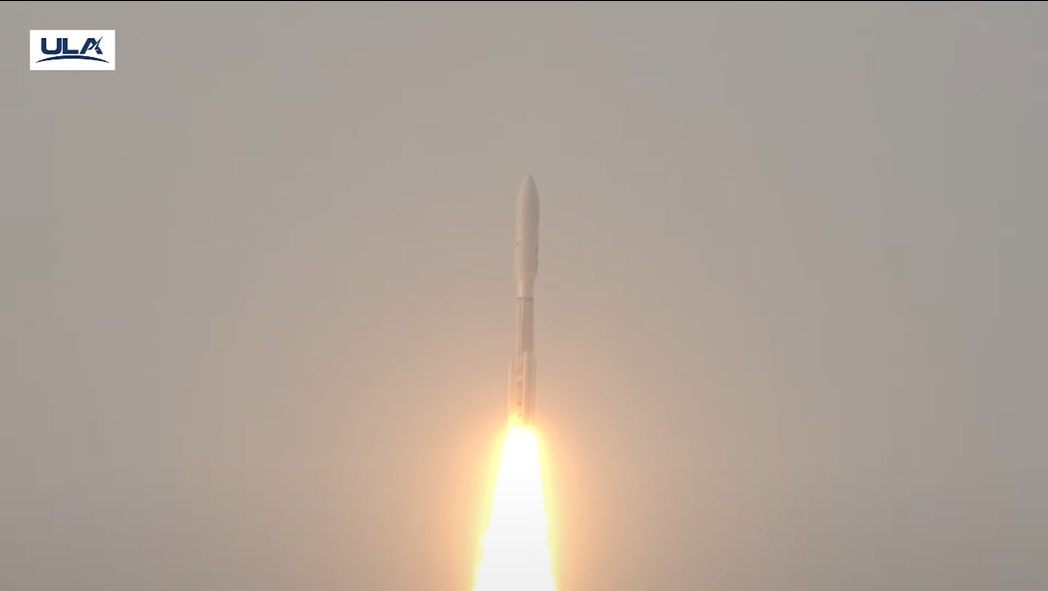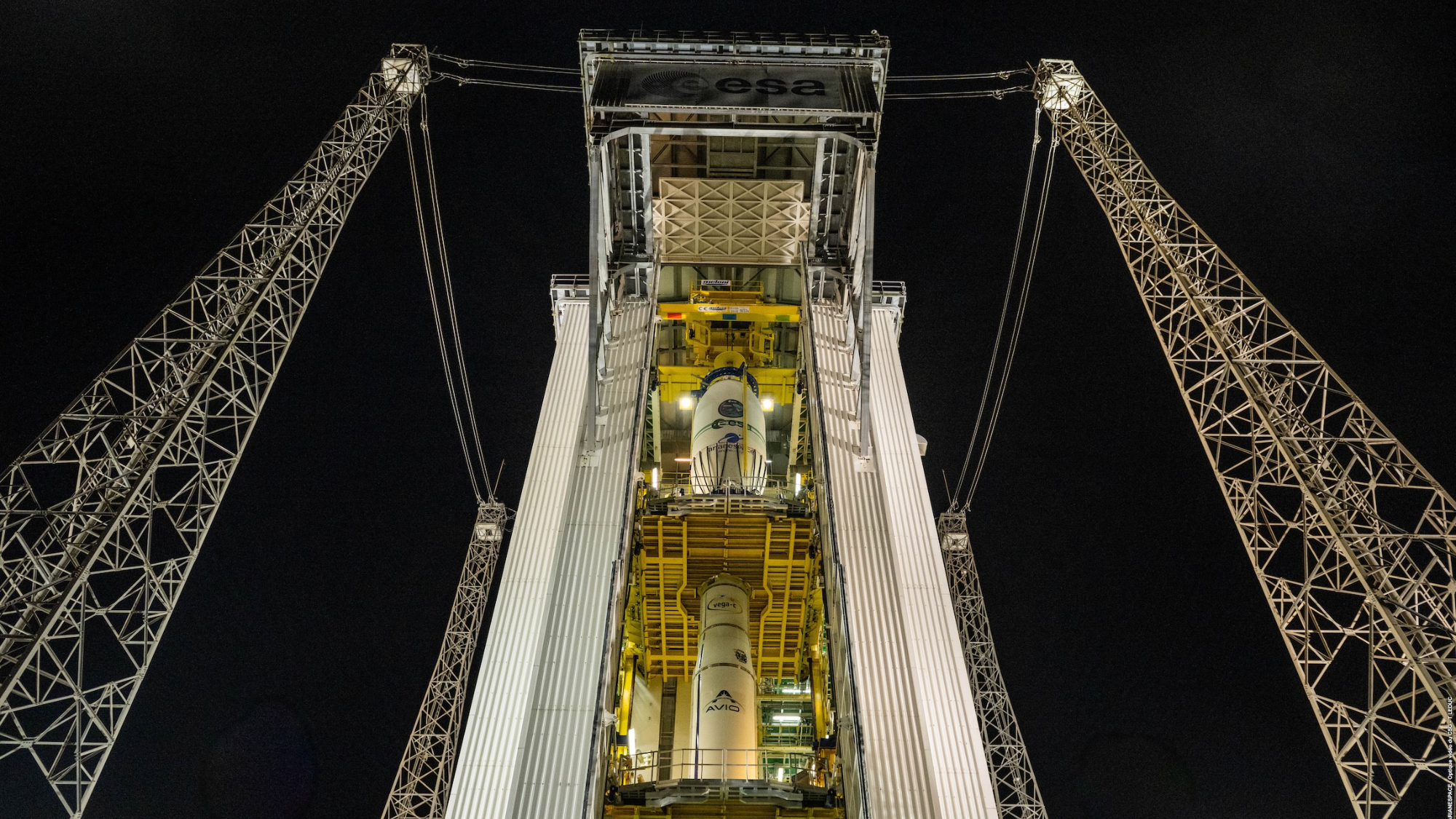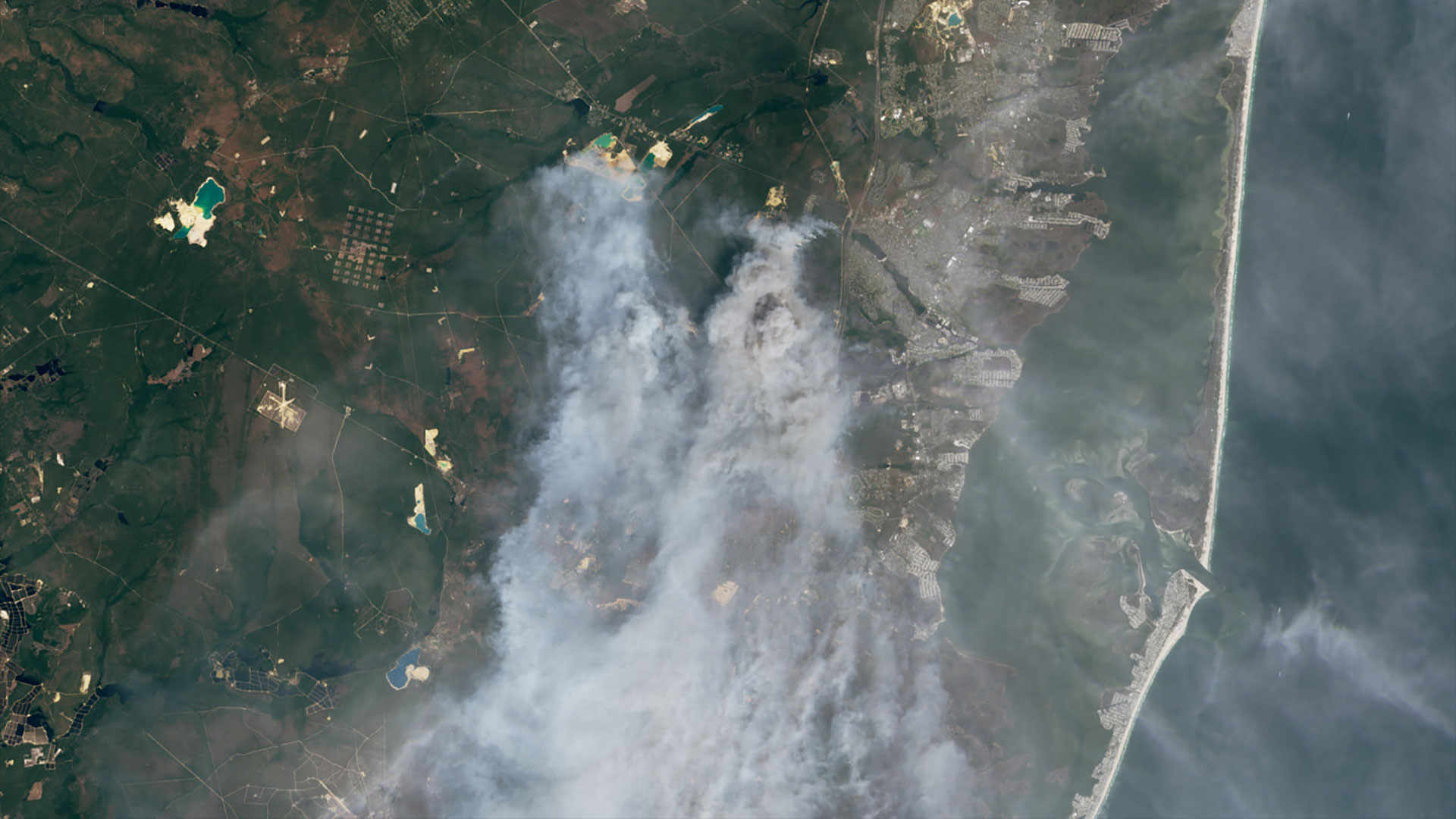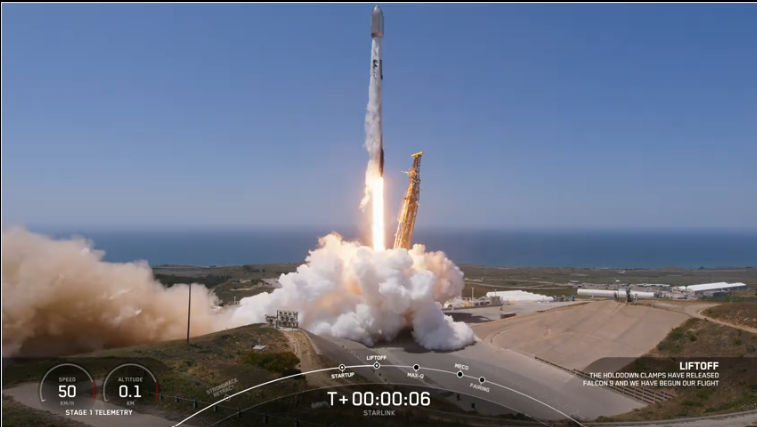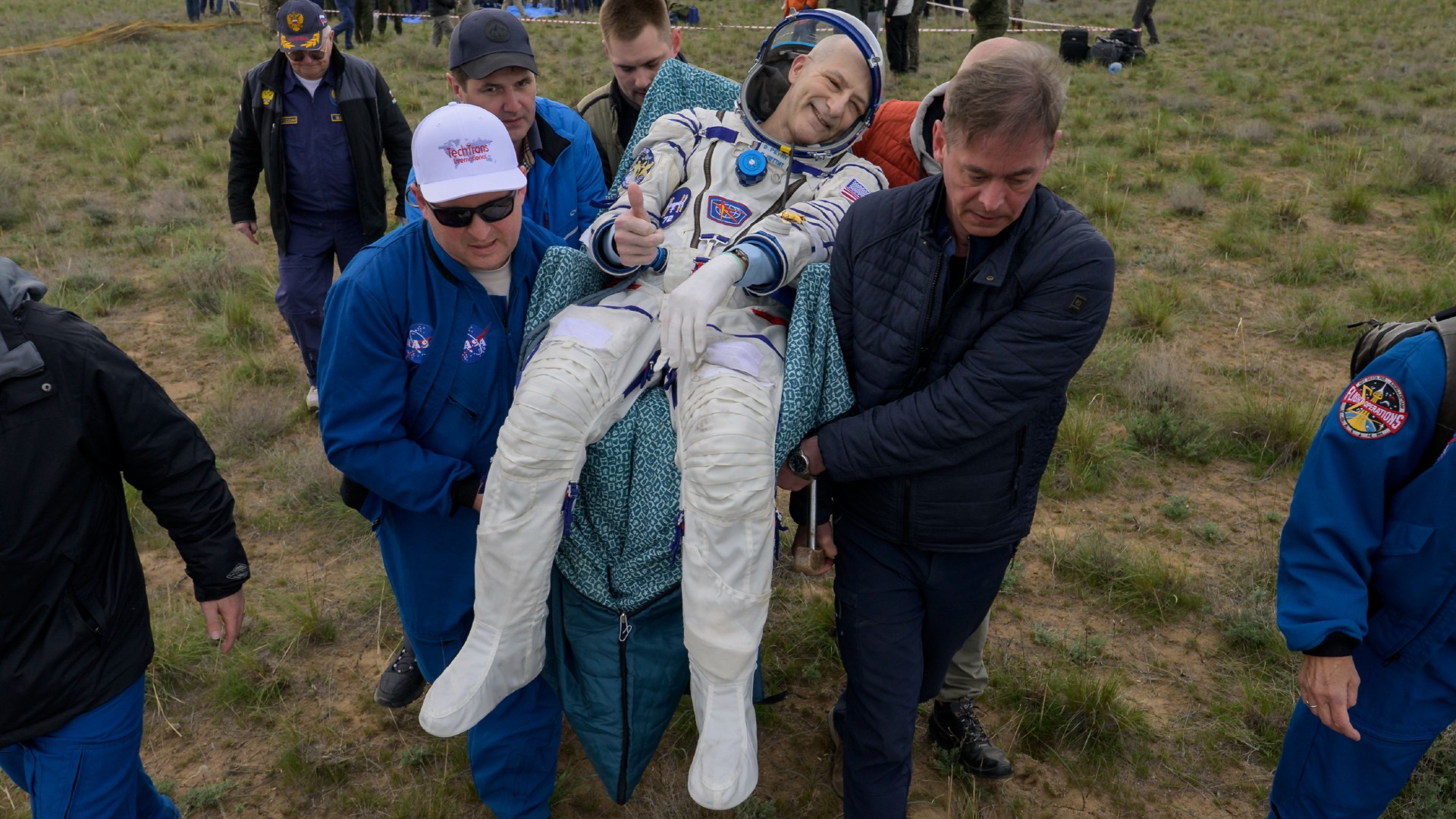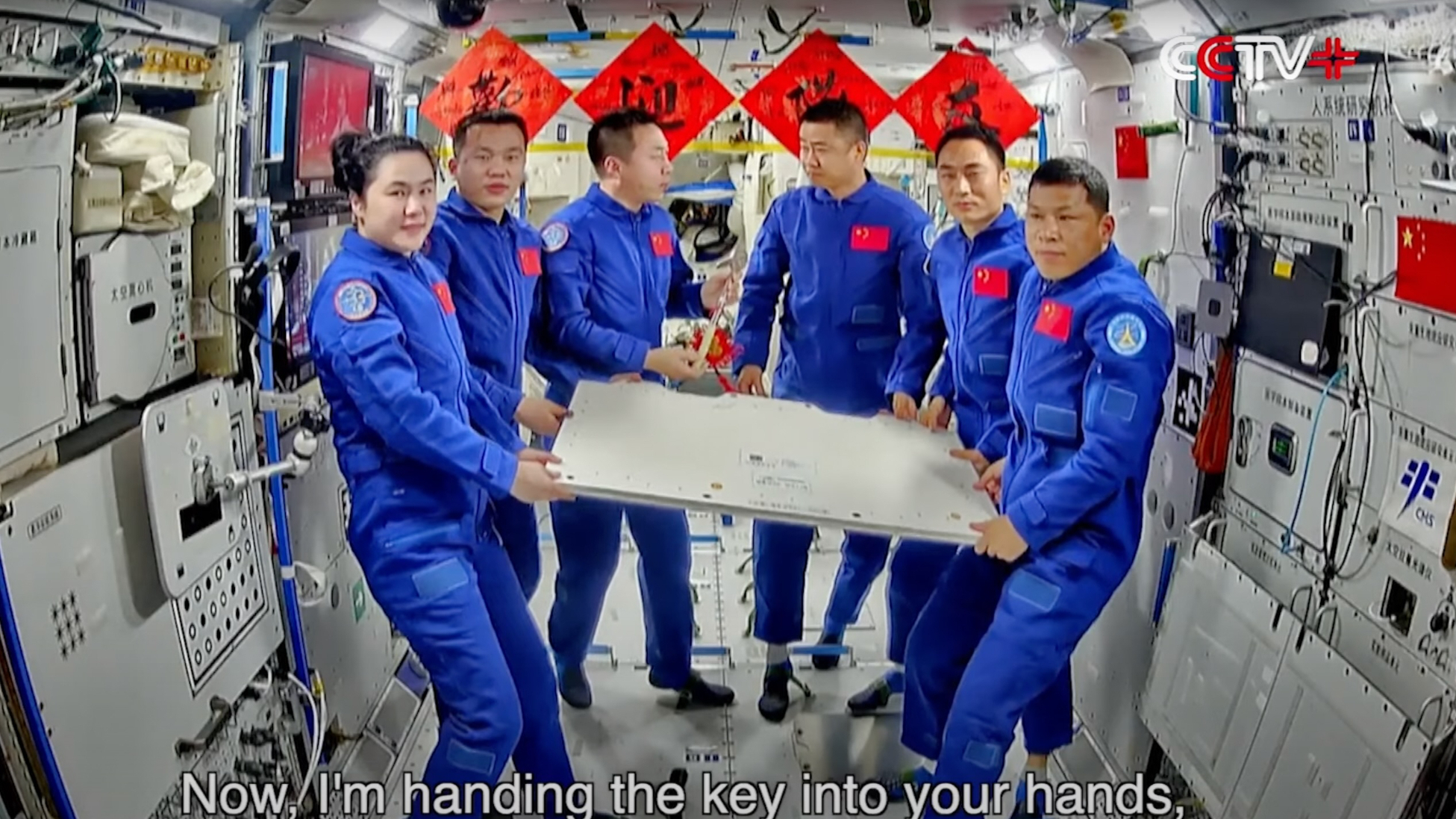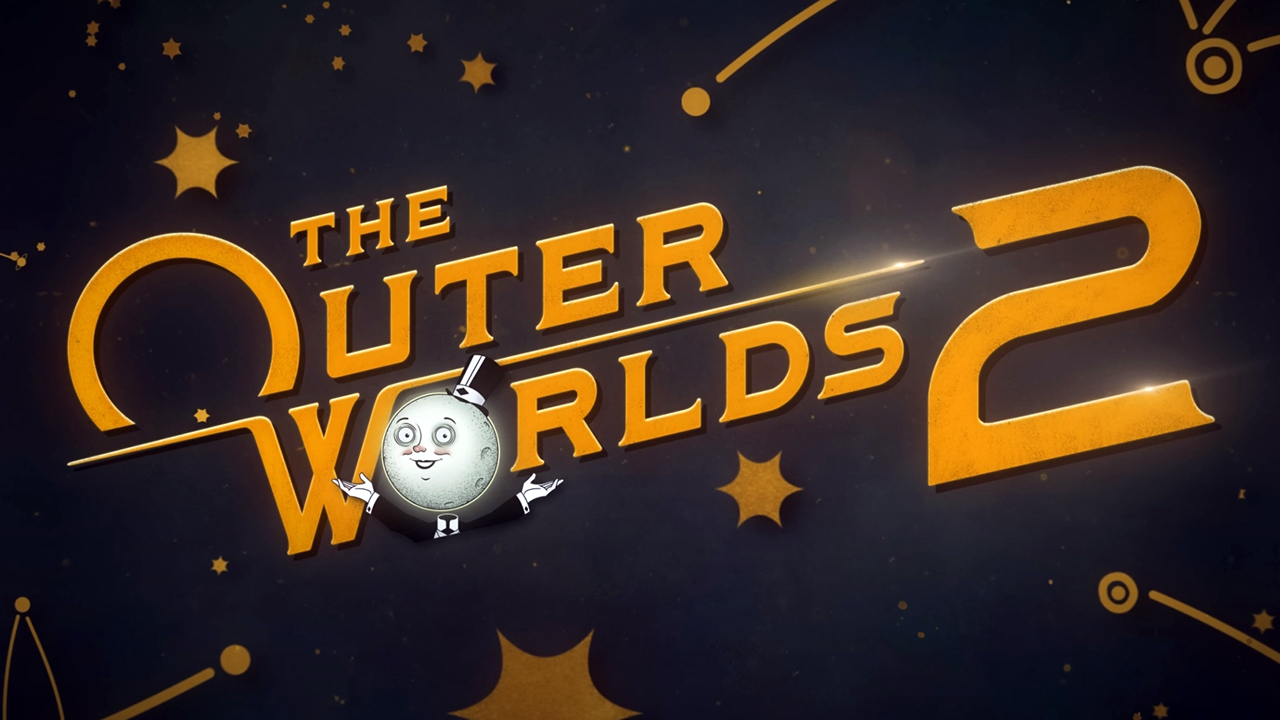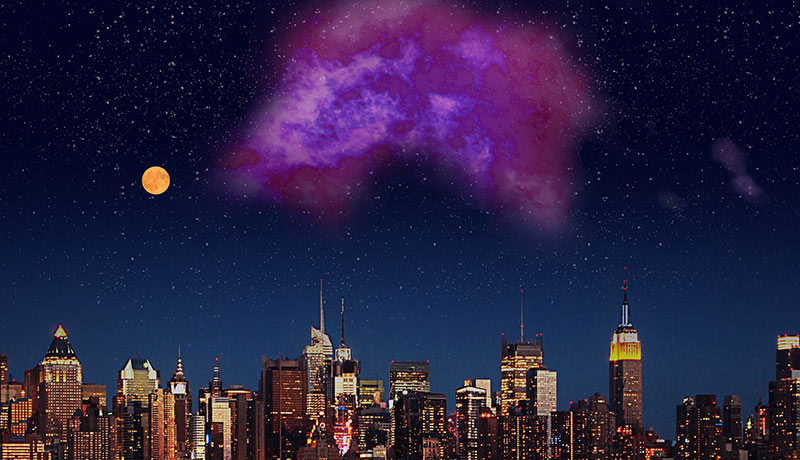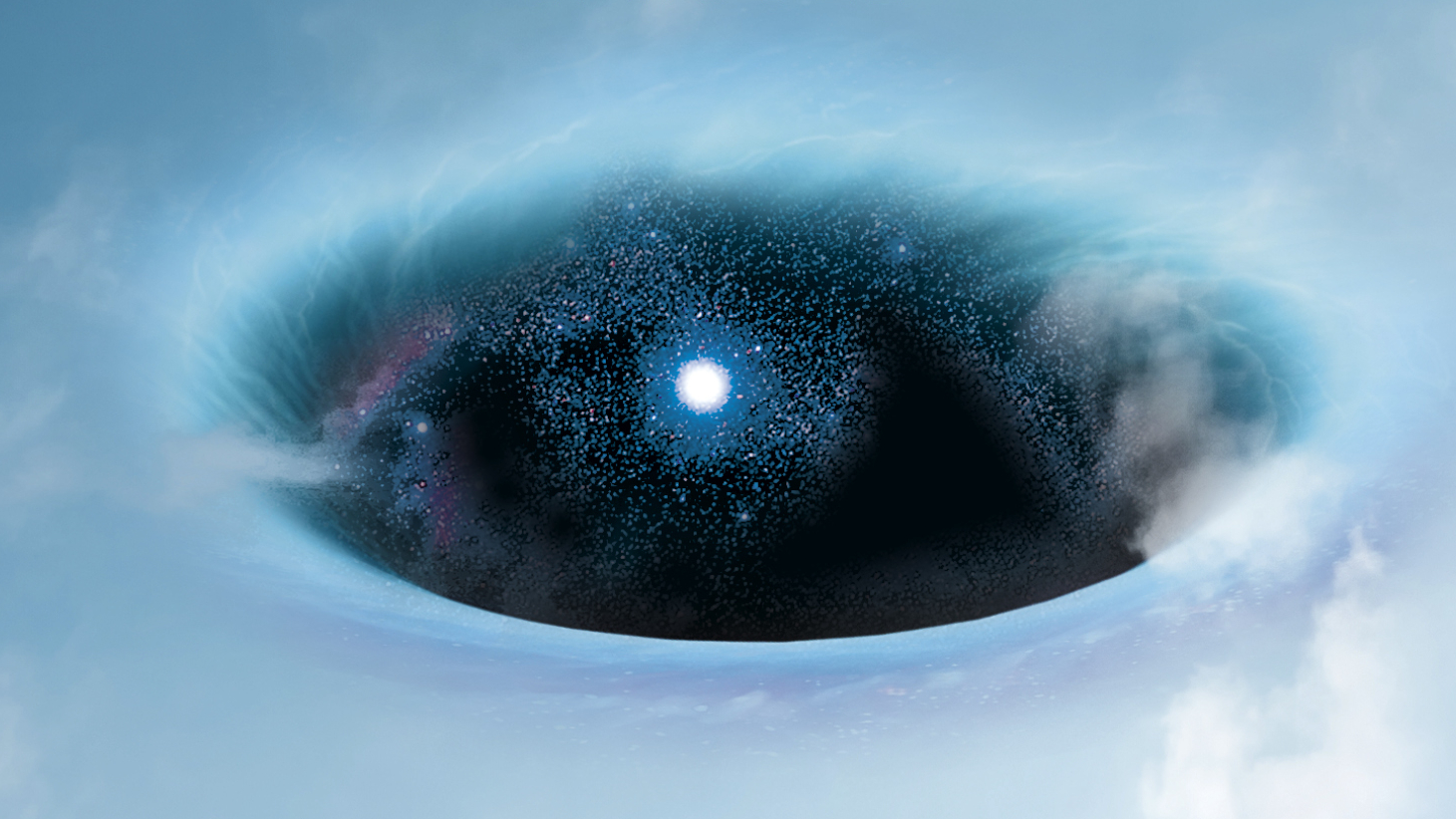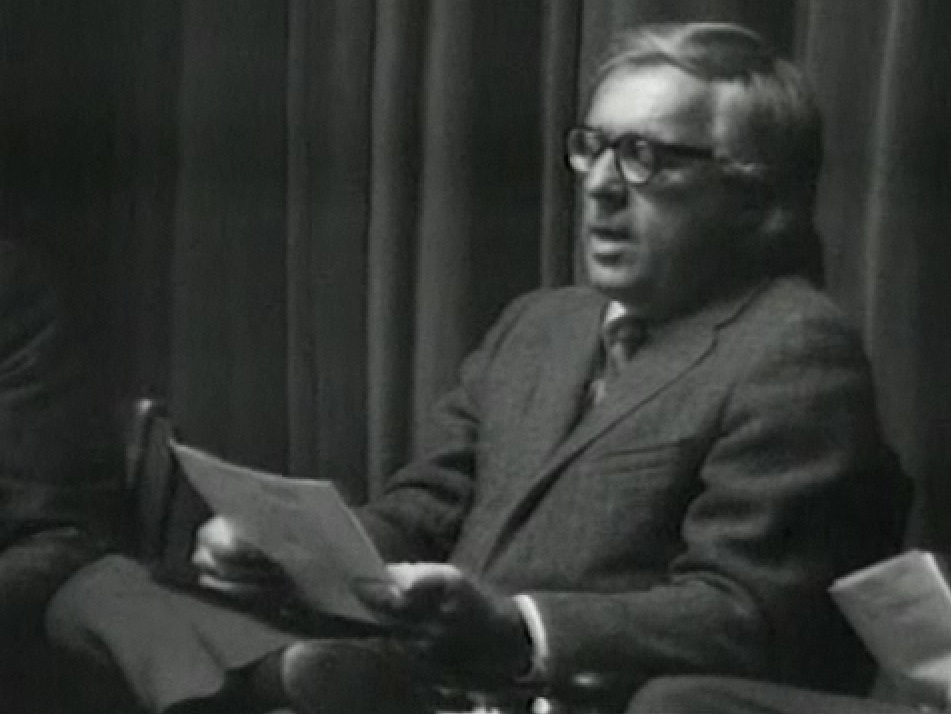
NASA has released two videos from its archives to pay tribute to famed science-fiction author and space visionary Ray Bradbury, who died Tuesday (June 5) at the age of 91.
The two short videos, which date from 1971 and 2009, were released Wednesday (June 6) and Thursday, respectively. The older clip shows Bradbury at the California Institute of Technology in Pasadena on Nov. 12, 1971, participating in a symposium to celebrate the arrival of NASA's Mariner 9 probe in orbit around Mars the next day.
It would have been nice to be in that audience, and not just because of Mariner 9's historic accomplishment (it was the first spacecraft ever to orbit another planet). Onstage with Bradbury were fellow sci-fi legend Arthur C. Clarke, journalist Walter Sullivan and scientists Carl Sagan and Bruce Murray.
Bradbury rose to prominence in 1950 with the publication of "The Martian Chronicles," a book of short stories about humanity's colonization of Mars and our species' conflict with the native inhabitants of the Red Planet.
"I was hoping that, during the last few days, as we got closer to Mars and the dust cleared, that we'd see a lot of Martians standing there with huge signs saying, 'Bradbury was right,'" Bradbury says about 90 seconds into the four-minute clip. "Or even Clarke." [Video: Ray Bradbury On His Love of Space Travel]
Bradbury also reads a rousing version of his poem "If Only We Had Taller Been," which he says "sums up some of my feelings on why I love space travel, why I write science fiction, why I'm intrigued with what's going on this weekend at Mars."
The poem, which begins at the 2:20 mark of the video, ends with these lines:
Get the Space.com Newsletter
Breaking space news, the latest updates on rocket launches, skywatching events and more!
"Short man, large dream. I send my rockets forth between my ears,
Hoping an inch of good is worth a pound of years,
Aching to hear a voice cry back along the universal Mall:
We’ve reached Alpha Centauri! We’re tall! O God, we’re tall!"
The other NASA video tribute for Bradbury was recorded in February 2009 and retells the writer's visit to the agency's Jet Propulsion Laboratory in Pasadena to celebrate the success of the space agency's Mars rovers Spirit and Opportunity.
The twin robots had just celebrated their five-year anniversary on the Red Planet. They landed in January 2004 on a mission to search for signs of past water activity that was originally supposed to last just 90 days.
"Having Ray Bradbury here was incredible, because in particular for Mars, he really has been one of the voices from very, very early on for going to Mars and exploring Mars," rover driver Ashley Stroupe says in the two-minute video. "Long before we knew how to do it, he was taking us there in our minds."
Bradbury visited the rover operation room, saw a life-size model of the twin robots and got to drive a simulated rover across the surface of Mars on a computer screen.
"Letting him see the reality of that was very rewarding for us, because we could tell how much it meant to him to see this," Stroupe said. "That once it was only fiction, but partly because of his vision, and his sharing that vision with us, that it's now become a reality, and that we're actually there."
Bradbury is perhaps most famous for the dystopian novel "Fahrenheit 451," but he wrote many other beloved books over the course of his long literary career, including "Something Wicked This Way Comes" and the nostalgic childhood novel "Dandelion Wine."
Follow SPACE.com senior writer Mike Wall on Twitter @michaeldwall or SPACE.com @Spacedotcom . We're also on Facebook and Google+.
Join our Space Forums to keep talking space on the latest missions, night sky and more! And if you have a news tip, correction or comment, let us know at: community@space.com.

Michael Wall is a Senior Space Writer with Space.com and joined the team in 2010. He primarily covers exoplanets, spaceflight and military space, but has been known to dabble in the space art beat. His book about the search for alien life, "Out There," was published on Nov. 13, 2018. Before becoming a science writer, Michael worked as a herpetologist and wildlife biologist. He has a Ph.D. in evolutionary biology from the University of Sydney, Australia, a bachelor's degree from the University of Arizona, and a graduate certificate in science writing from the University of California, Santa Cruz. To find out what his latest project is, you can follow Michael on Twitter.
